Delaware could become 8th state to allow human composting if Gov. Carney signs it into law
- Oops!Something went wrong.Please try again later.
A bill allowing human composting in Delaware now waits on Gov. John Carney’s desk after the Delaware Senate gave final approval for the alternative funeral practice.
House Bill 162, an effort to allow human composting in the First State, received near-unanimous approval in the state House when it passed with a vote of 37-2 on Jan. 23. From there, it awaited consideration in the Senate until it was granted a passing vote of 14 to 7 on March 21.
What is House Bill 162?
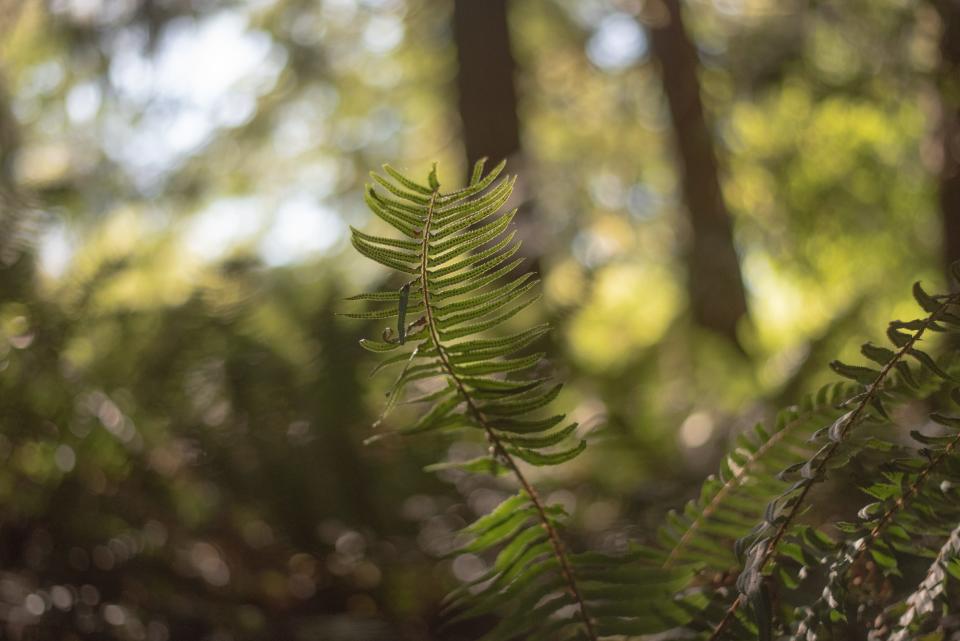
House Bill 162 was introduced by Rep. Sean Lynn, a Democrat in District 31 in Dover, and seeks to add Delaware to the growing list of states offering human composting, also known as natural organic reduction, as a funerary practice.
What is human composting?
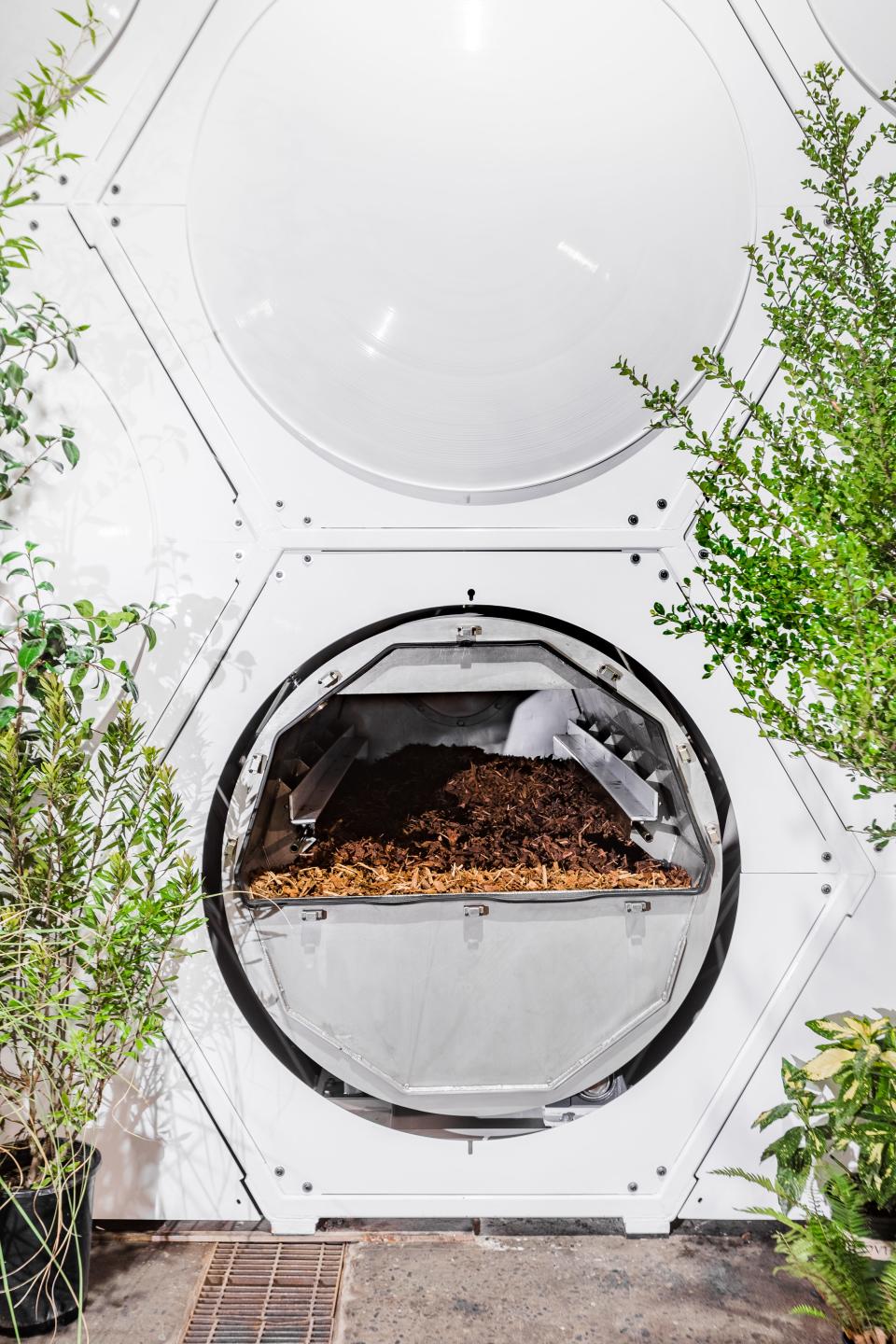
Burial or cremation are the common ways human remains are disposed of. Human composting offers an alternative by allowing the human body to decompose in a “gentle, respectful process that accelerates the decomposition of human remains to soil,” according to a bill summary on the Delaware General Assembly website.
The process uses large vessels to hold human remains together with wood chips, straw or other natural materials for about 30 days, during which the human remains and organic materials are mixed with warm air and periodically turned. This results in the body breaking down until only a soil material remains, which can then be given to the deceased’s family.
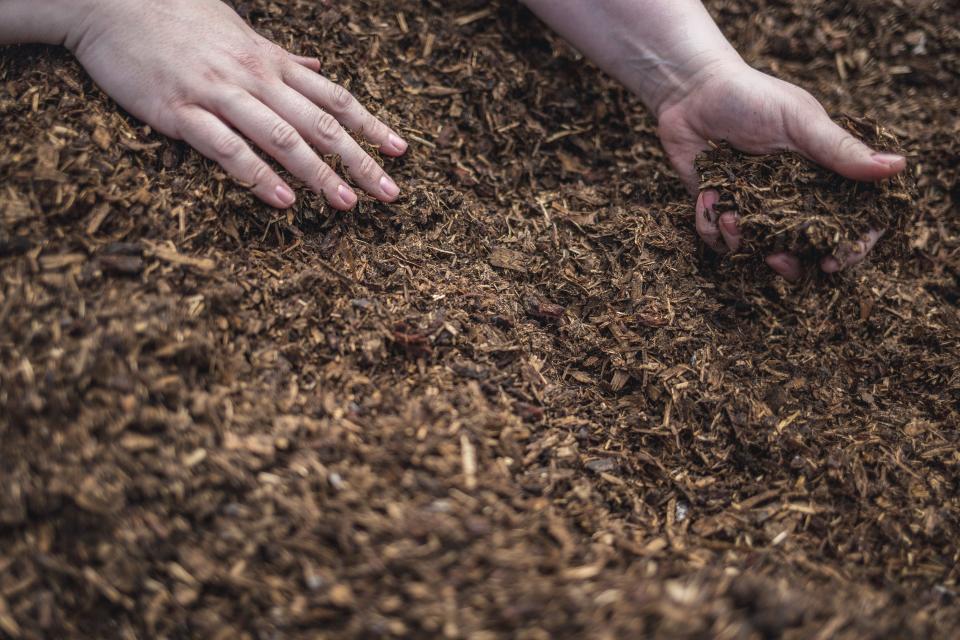
According to the bill proposal, natural organic reduction is considered to be more eco-friendly than cremation, as the practice does not use formaldehyde or release carbon dioxide and mercury into the atmosphere and uses one-eighth of the energy of cremation.
HB 162 passed with an amendment stating that there are restrictions on any remains from a person who had or is suspected of having a viral or other health risk that the Delaware Division of Public Health determines may not be eliminated during the human composting process. The bill also states that remains cannot be accepted for the practice if a person died due to a radiological incident or if their body contains radioactive implants.
Human composting is not new
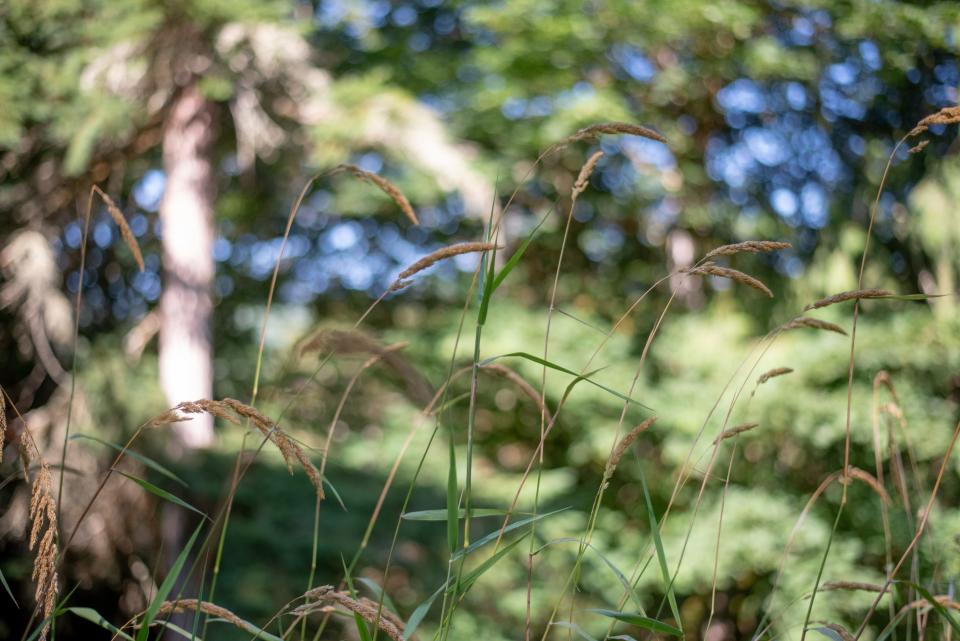
Lynn, along with the bill’s other sponsors, worked with the framework provided by the other seven states allowing human composting to ensure Delaware’s allowance of natural organic reduction would be as safe and successful as possible.
Part of the team guiding Delaware’s plans for human composting is Haley Morris of Earth Funeral, a licensed natural organic reduction provider in Washington State, the first state to legalize human composting in 2019.
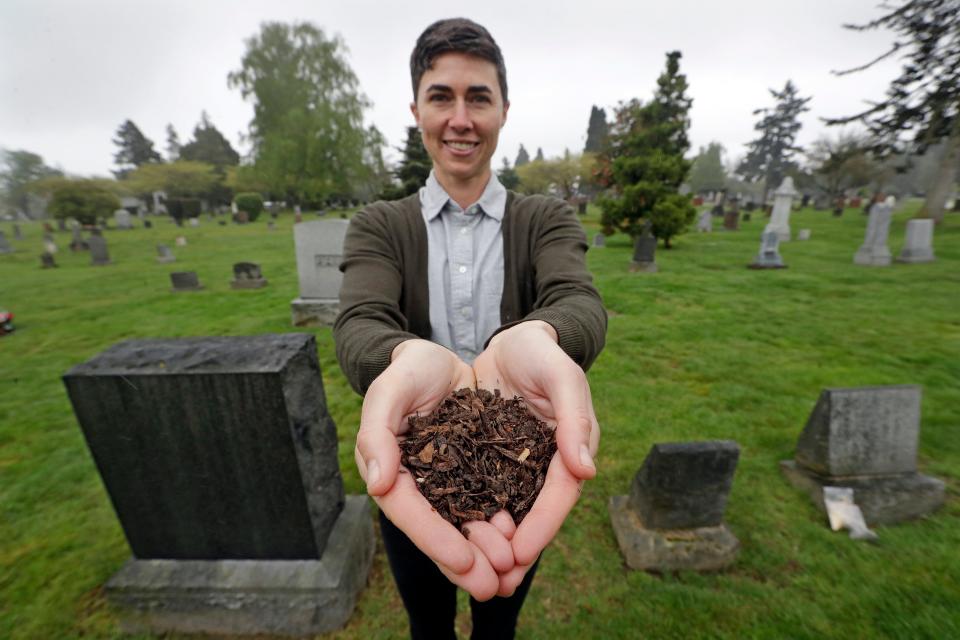
Morris previously told Delaware Online/The News Journal that she believes human composting will continue to gain interest across the country as more people reflect on how they can be more sustainable, even beyond the end of their lives.
“This doesn’t have to be the option for everyone; it just needs to be available for everyone,” she said. “I just think there’s also this growing interest, and potentially even movement, in this option to return your body to the earth and your final act on Earth doing good for the earth, and I think this resonates for a lot of people.”
What is next for HB 162?

After a passing vote in the Delaware House, Senate Health & Social Services Committee and Senate, HB 162 is ready for governor action and waits on Carney’s desk for his final signature.
The bill will take effect upon being signed into law, after which state officials have one year to develop Delaware’s human composting regulations.
If signed by Carney, Delaware would become the eighth state in the nation to allow human composting, joining Washington, Colorado, Oregon, Vermont, California, New York and Nevada.
Washington was the first state to legalize human composting in 2019, followed by Colorado and Oregon in 2021, Vermont and California in 2022, New York in 2023 and Nevada in January of this year.
Got a tip or a story idea? Contact Krys'tal Griffin at kgriffin@delawareonline.com.
This article originally appeared on Delaware News Journal: Delaware's human composting bill passes, awaits governor's signature

